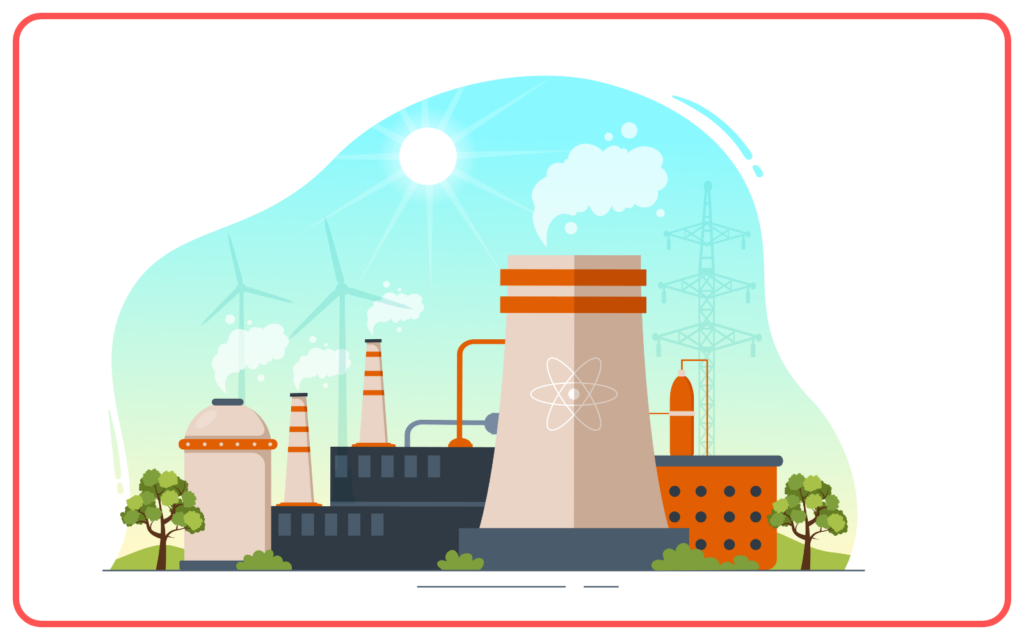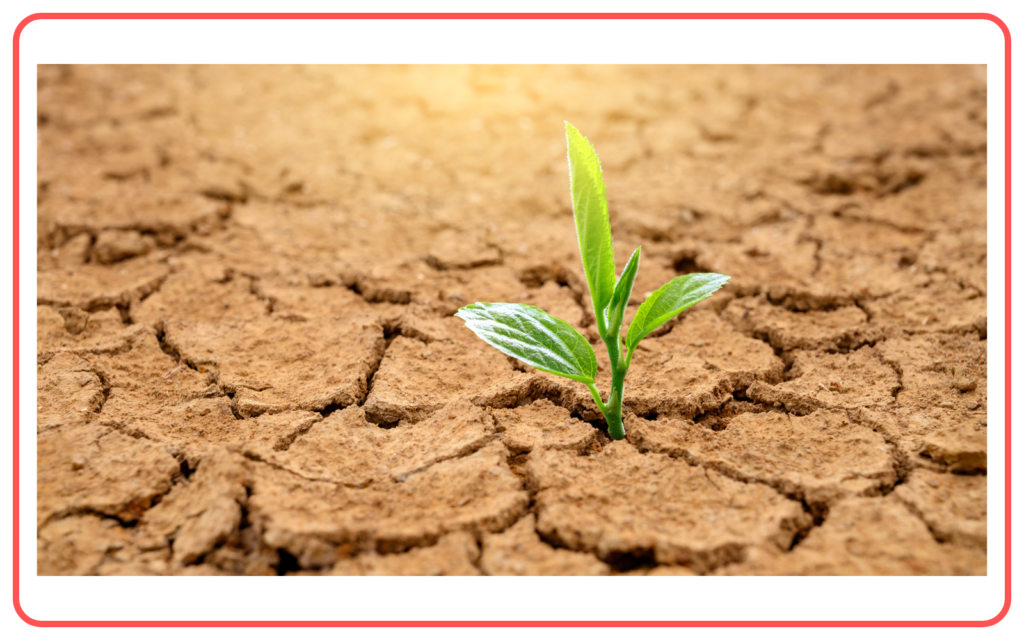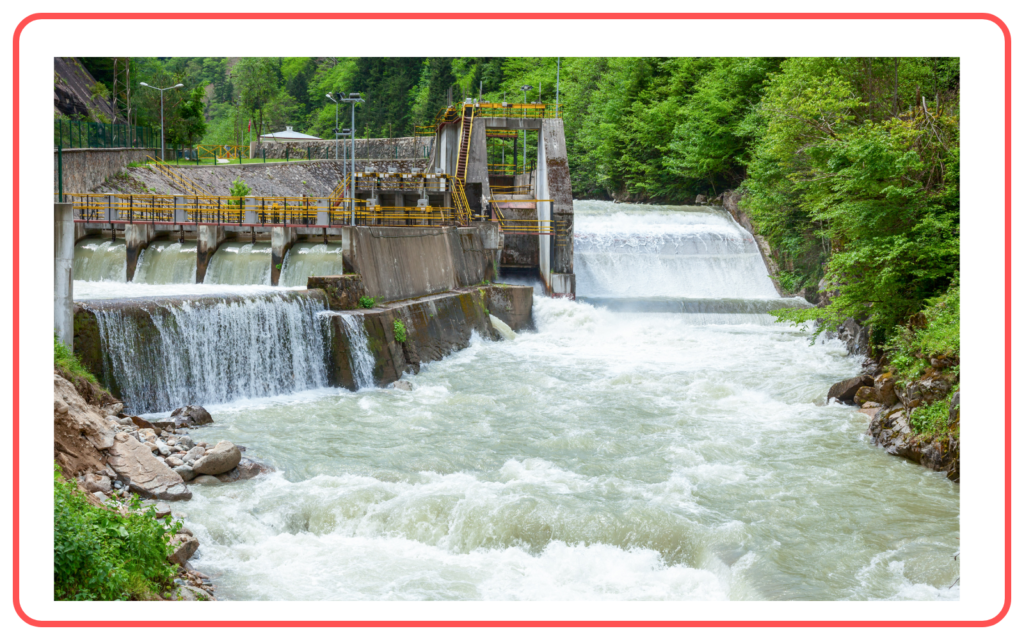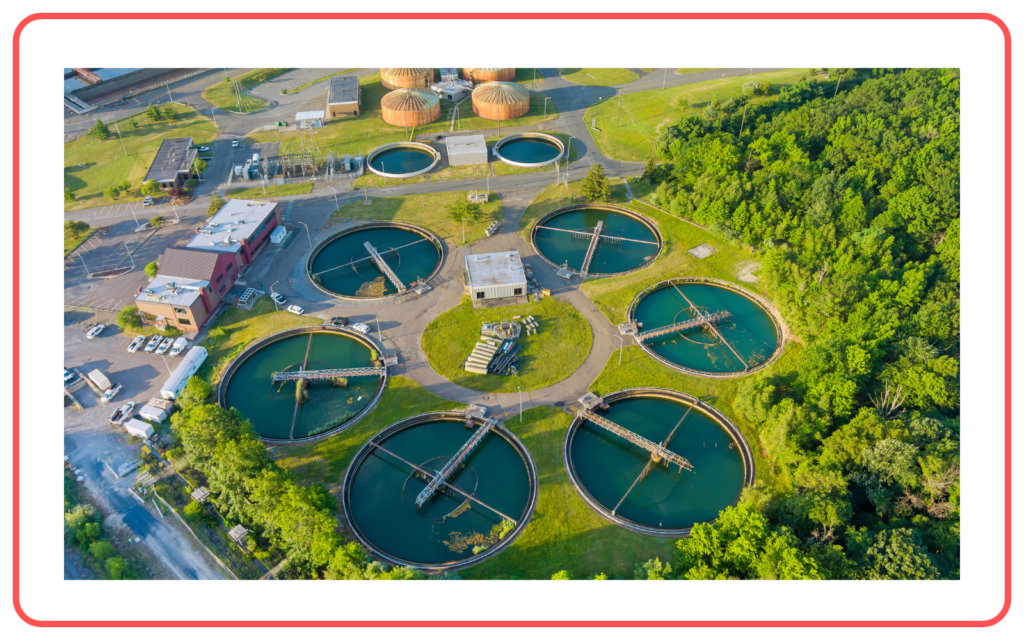Why Do We Need To Manage Our Resources
Key Notes:
Introduction
- Resources refer to natural materials that we use to satisfy our needs, such as water, land, minerals, forests, and energy sources.

- Managing resources efficiently ensures their availability for current and future generations.
- Uncontrolled exploitation of resources can lead to depletion, environmental degradation, and social conflicts.
Types of Resources
- Renewable Resources: Resources that can be replenished naturally within a short period, such as solar energy, wind energy, water, and forests.

- Non-Renewable Resources: Resources that take millions of years to form and cannot be replenished within a human lifetime, such as coal, oil, natural gas, and minerals.

- Recyclable Resources: Resources that can be processed and reused, such as paper, glass, and metals.

Importance of Resource Management
A. Sustainability
- Sustainability means using resources in a way that does not deplete them for future generations.
- Overuse or misuse of resources today may lead to their exhaustion, making it harder for future generations to meet their needs.
- Example: Overfishing can deplete fish populations, leading to the collapse of marine ecosystems and affecting communities that rely on fishing.

B. Preventing Resource Depletion
- Non-renewable resources like fossil fuels and minerals are finite, and without proper management, they will eventually run out.
- Example: Coal and petroleum are depleting rapidly due to excessive use, leading to concerns about future energy crises.
- Energy demand is increasing with population growth, but we need to use resources carefully to ensure they last longer.

C. Environmental Protection
- Over-exploitation of resources can lead to environmental damage:
- Deforestation for agriculture and urbanization can lead to soil erosion, loss of biodiversity, and climate change.
- Pollution from the burning of fossil fuels contributes to global warming and acid rain.
- Water wastage affects the availability of clean drinking water and disrupts ecosystems.

Impact of Poor Resource Management
A. Environmental Consequences
- Deforestation: Leads to loss of habitat, biodiversity, and carbon storage capabilities of forests.

- Soil Degradation: Overuse of agricultural land without proper management leads to soil erosion, desertification, and reduced agricultural productivity.

- Water Scarcity: Over-extraction of water from rivers and underground sources for industrial, agricultural, and domestic use leads to water shortages.

- Climate Change: Unsustainable use of fossil fuels releases large amounts of carbon dioxide (CO2), contributing to global warming.

B. Economic and Social Consequences
- Economic Loss: Overuse of resources leads to higher costs for raw materials, energy, and food production, impacting economic growth.
- Social Inequality: Over-exploitation of resources can cause conflicts over access to resources (e.g., water, land), leading to social tensions and inequality.
- Energy Crises: Over-dependence on non-renewable energy sources may result in energy shortages and higher prices.
Benefits of Resource Management
A. Conservation of Natural Resources
- Efficient resource management helps preserve resources for future generations.
- Water conservation practices, such as rainwater harvesting and reducing water wastage, ensure a steady supply of fresh water.
- Sustainable farming practices, like crop rotation and agroforestry, prevent soil depletion and ensure long-term agricultural productivity.

B. Reducing Environmental Damage
- Renewable energy sources, such as solar, wind, and hydroelectric power, can replace fossil fuels and reduce pollution and greenhouse gas emissions.

- Proper waste management, including recycling and composting, can reduce the amount of waste sent to landfills and decrease pollution.

C. Economic Benefits
- By using resources efficiently, we can reduce costs and ensure that resources are available for future industries, technologies, and economies.
- Sustainable tourism and eco-friendly products can boost economies while preserving the environment.

D. Social Well-being
- Managing resources responsibly ensures fair access to resources for all people and prevents conflict over resource distribution.
- Promotes healthier lifestyles by reducing pollution and preserving biodiversity.
Ways to Manage Resources Efficiently
A. Energy Conservation
- Reduce energy consumption through energy-efficient appliances, LED lighting, and smart thermostats.
- Promote the use of renewable energy sources like solar, wind, and geothermal.

B. Water Management
- Use rainwater harvesting systems, drip irrigation, and promote water-saving habits to prevent wastage.
- Desalination technologies can provide fresh water in areas with limited freshwater resources.

C. Sustainable Agriculture
- Practice organic farming and use natural fertilizers to preserve soil health.
- Implement crop rotation, composting, and soil conservation techniques to maintain soil fertility.

D. Recycling and Waste Reduction
- Recycling materials like glass, paper, and metal reduces the need for raw materials and prevents waste from entering landfills.
- Encourage reduce, reuse, and recycle practices in households, industries, and schools.

Conclusion
- Proper management of resources is vital for sustainability, environmental protection, and economic stability.
- By practicing efficient use of natural resources, we can ensure that they are available for future generations, while also protecting the planet from the negative effects of over-exploitation and pollution.
Let’s practice!

